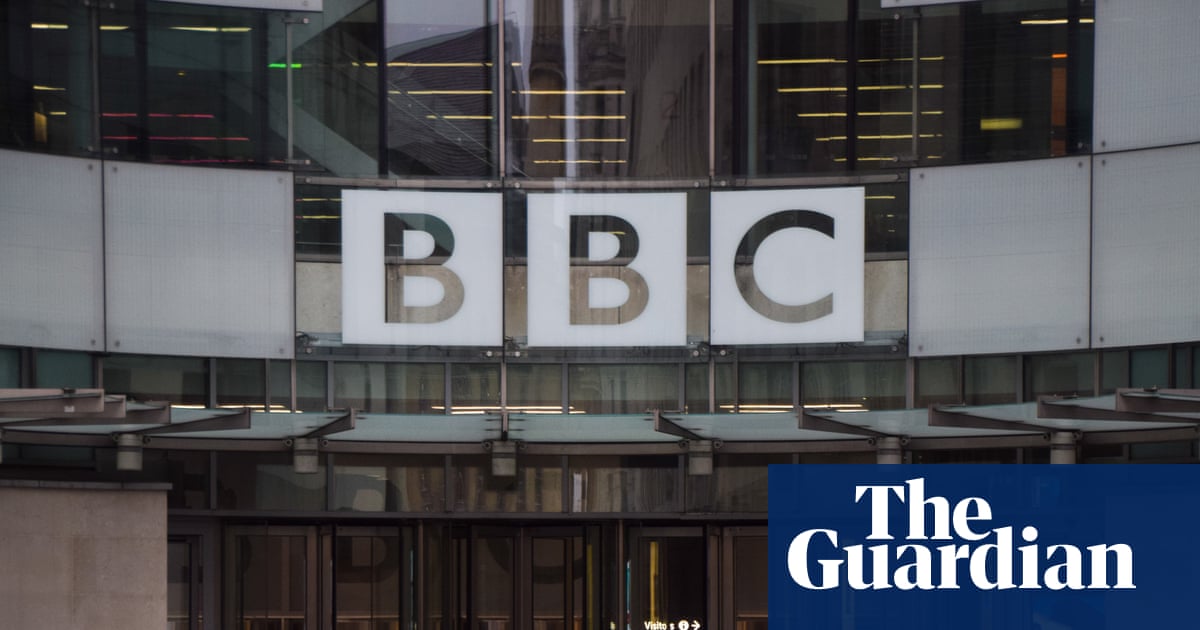All working adults will need digital ID cards under plans to be announced by Keir Starmer in a move that will spark a battle with civil liberties campaigners.
The prime minister will set out the plans on Friday at a conference on how progressive politicians can tackle the problems facing the UK, including addressing voter concerns around immigration.
The proposals for a “Brit card” would require legislation and are already facing opposition from privacy campaigners.
However, No 10 is understood to believe that it is necessary to make sure people have the right to work in the UK to tackle illegal migration, and that the national mood has moved on since Tony Blair’s plans for ID cards were abandoned in the 2000s.
Shabana Mahmood, the new home secretary, is a backer of the plans, having said her “long-term personal political view has always been in favour of ID cards”.
Starmer said this month that digital IDs could “play an important part” in making Britain less attractive to illegal migrants and France has repeatedly claimed that the lack of official cards acts as a “pull factor”.
Ahead of his speech on Friday, Starmer spoke about the government’s goal of “patriotic renewal”, comparing it to “the politics of grievance, of toxic divide, which is what Reform are all about”. He dismissed the Conservative party as “basically dead”.
The Guardian revealed in June that Downing Street was exploring proposals for a digital ID card to crack down on illegal migration, rogue landlords and exploitative work.
The idea came from a Labour Together paper given to the No 10 policy unit proposing a Brit Card, which it claimed could help avoid another Windrush scandal.
The thinktank paper also said it would help reduce vast numbers of visa overstayers, saying half of those whose asylum claims were turned down over the past 14 years were probably still in the UK. It proposed a free, secure digital ID, stored on a person’s smartphone using ministers’ planned gov.uk Wallet app, rebranded as the Brit Card app. That could then be verified by employers, immigration, banks and landlords using a free verifier app.
Under the likely plans, the technology is expected to be built on the government’s existing “One Login” infrastructure, which already allows citizens to access about 50 government services, from applying for a job as a teacher to using a lasting power of attorney.
The report’s author and the thinktank’s director of technology, Kirsty Innes, is now a special adviser to Liz Kendall, the technology secretary. When the paper was published, she said: “A progressive society can only work if we have meaningful borders. BritCard would make it far harder to flout the illegal work and illegal rent rules, and far easier to identify and punish exploitative illegal employers and landlords.”
The plans were welcomed by the Tony Blair Institute, with its director of government innovation, Alexander Iosad, saying: “Make no mistake, if the government announces a universal digital ID to help improve our public services, it would be one of the most important steps taken by this or any government to make British citizens’ everyday lives easier and build trust.”
However, they were opposed by David Davis, the Conservative MP and former cabinet minister, who led the charge against Blair’s ID cards decades ago.
Davis said: “No system is immune to failure, and we have seen time and again governments and tech giants fail to protect people’s personal data. If world-leading companies cannot protect our data, I have little faith that Whitehall would be able to do better.”
The Liberal Democrats said they could not support “a mandatory digital ID where people are forced to turn over their private data just to go about their daily lives”.
The Conservatives did not give a position, but its leader, Kemi Badenoch, said: “There are arguments for and against digital ID, but mandating its use would be a very serious step that requires a proper national debate.
“Instead, this is a throwaway conference announcement designed to distract attention from Andy Burnham’s leadership manoeuverings and the crisis in Downing Street over the prime minister’s chief of staff.”
Jim Killock, the executive director of Open Rights Group, highlighted that the digital ID card scheme was not in Labour’s manifesto, arguing that it was “the last thing this government should be embarking on during a cost of living crisis”.
“The digital visa schemes that are already in place for migrants are a stark warning of the harms aused by data errors, systems failures and an indifferent, hostile Home Office. People have been unable to travel, lost job offers and even been made homeless because of existing digital ID schemes,” he said.
“Labour are at risk of creating a digital surveillance infrastructure that will change everyone’s daily lives and establish a pre-crime state where we constantly have to prove who we are as we go about our daily lives.”
David Rennie, a former official at the Home Office’s identity cards programme and now chief trust officer at the startup Orchestrating Identity, said it was “absurd” to suggest a digital identity would stop illegal migration.
“Proposing a headline-grabbing ‘government digital identity for all’ as a way of combating illegal migration shows a lack of understanding or learning from the last 20 years,” he said. “Employers already have to prove a prospective employee’s right-to-work in the UK or receive a £45k fine.”

 1 month ago
63
1 month ago
63

















































